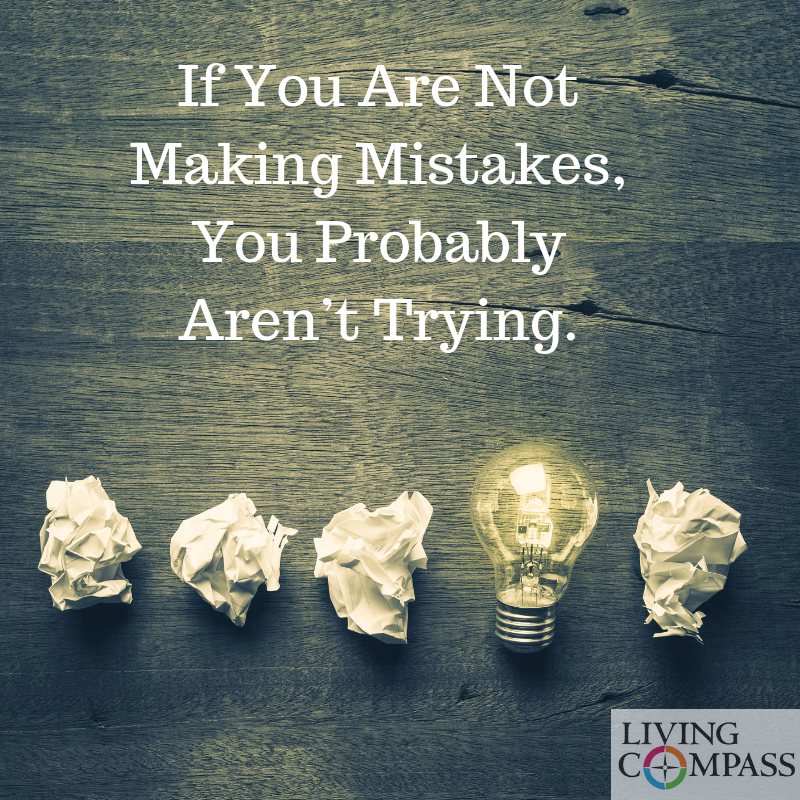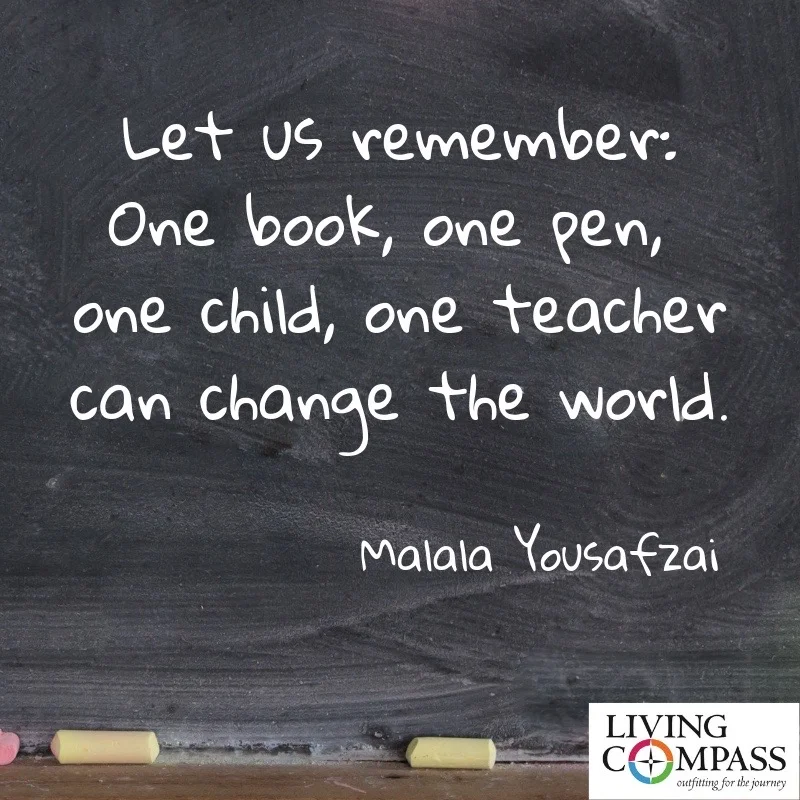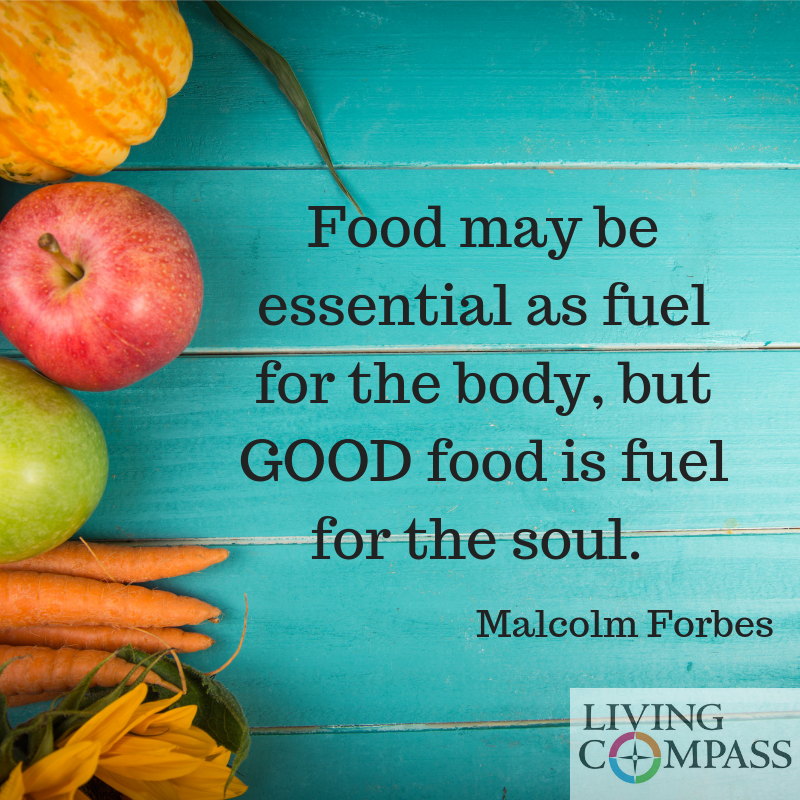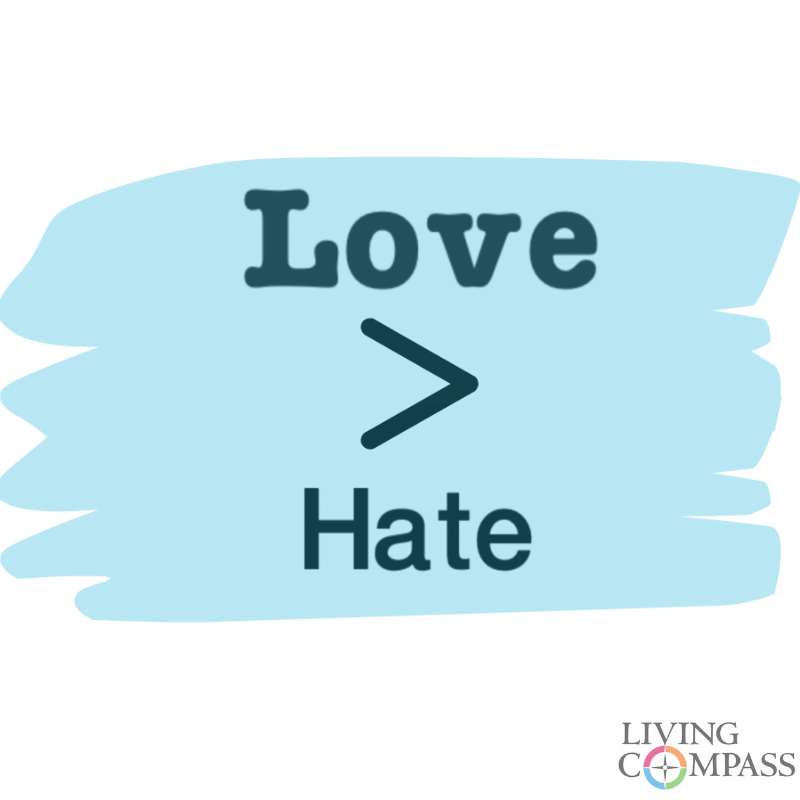If You’re Not Making Mistakes, You Probably Aren’t Trying
My wife and I just returned from a two-week Spanish language immersion experience in Cuernavaca, Mexico. It was indeed one of the most profound experiences of my life. We lived with a local host family, and so our learning experience was not just limited to the six hours of formal instruction we received each day. Mexico has always been our favorite place to visit because the people are so warm, soulful, and welcoming. This recent experience only confirmed this truth many times over.
We had been considering taking this plunge for some time and finally got up our courage to do it. I thought that deciding to sign up and go would be the hardest part of the process, but soon after arriving, I faced an even more difficult decision that I had to make.
I have studied Spanish sporadically throughout my adult life, even taking private online lessons with native speakers, and so I went to Cuernavaca with a beginner/immediate level of confidence. I also went with a bit of pride, wanting to show what I already knew. My pride evaporated immediately when in response to my perfectly crafted questions (perfectly crafted because I had time to prepare them in advance) were met with responses that were well beyond my level of comprehension. I was suddenly rendered speechless.
It was at that point that I had to decide how I was going to show up for this cultural immersion. Was I going to play it safe and stay within the comfort zone of the Spanish I already knew? Or was I going to allow myself to risk making continuous mistakes as I tried to form new phrases, use new tenses, and reveal how little I really knew.
I am happy to say that I quickly got over my pride—thanks to the help of my host family and teachers who were “muy amable”(very kind). And once I became comfortable making mistakes, my learning curve progressed exponentially. The more I learned, the more chances I took and the more mistakes I seemed to make, all ofwhich became additional teachable moments. It reminded me of a saying I heard a few years ago: “I have learned so much from my mistakes that I think I will go make some new ones.” That became my motto for the last two weeks.
It occurs to me that my language immersion experience is pretty much how it goes whenever we are in the process of change or growth. Whether we are learning to let go of a child who is leaving home, entering a new relationship, starting a new job, making a move, entering a new stage of life, going back to school, or taking up a new hobby we really have no choice as to whether there will be mistakes and missteps. We do, however, as I learned in Mexico, have the choice of whether we will choose to embrace and accept our mistakes and missteps, realizing that in the process these moments are exactly what lead to the learning and growth we are seeking.
So remember, “Si no estás cometiendo errores, problamente no estás tratando.”
Subscribe Now to Weekly Words of Wellness:
Click the button below to signup for the e-mail version of Weekly Words of Wellness. This weekly article can be shared with your community electronically and/or used for group discussion.
You can unsubscribe at any time.




